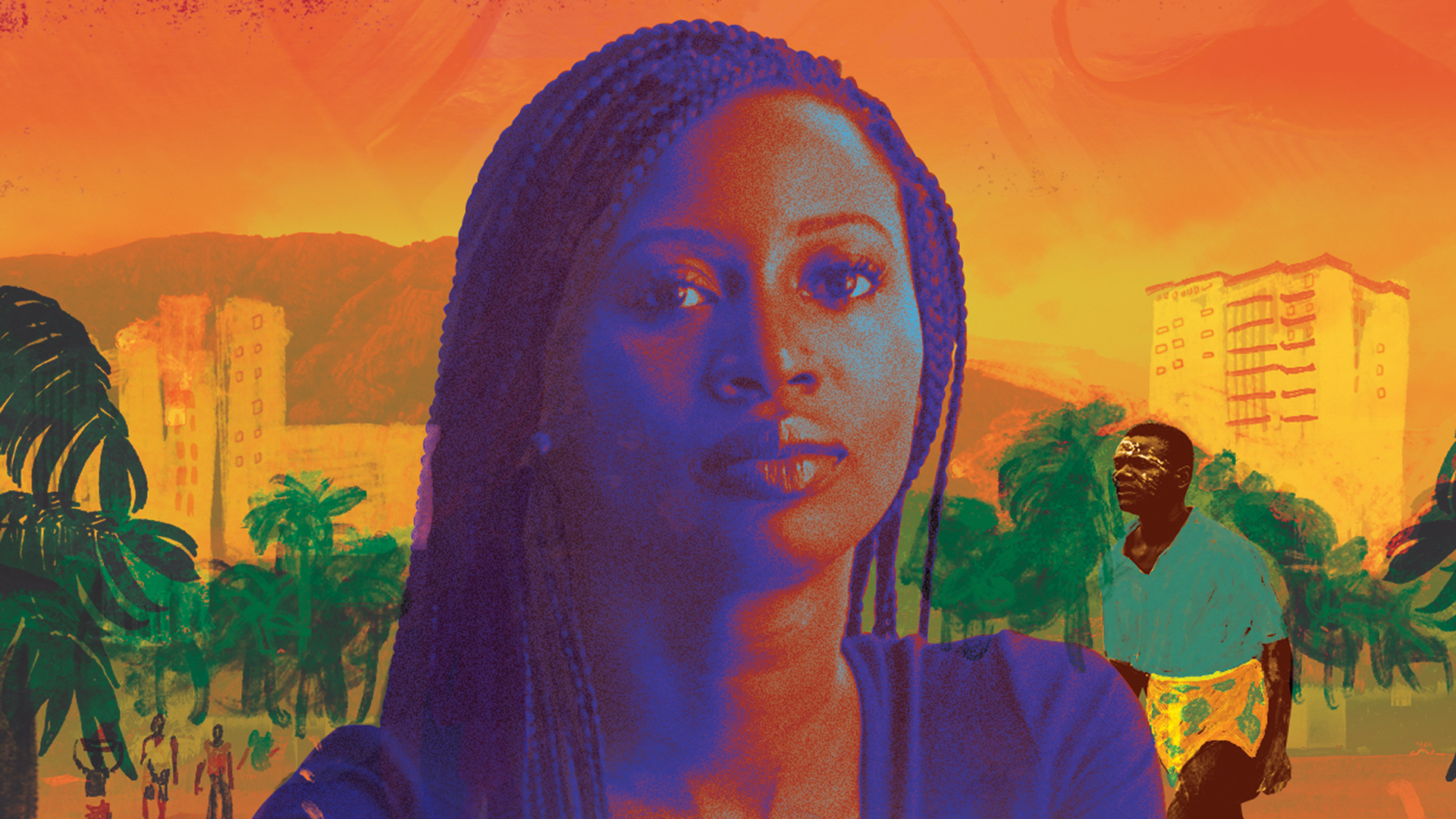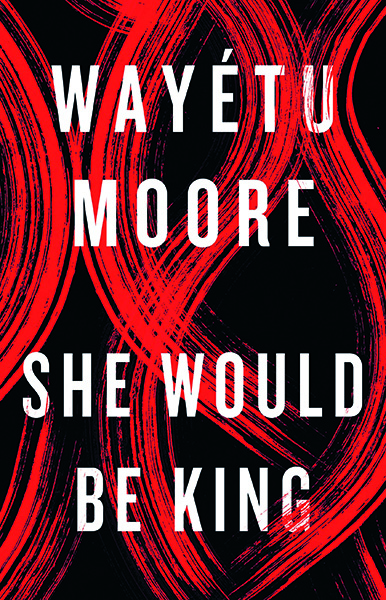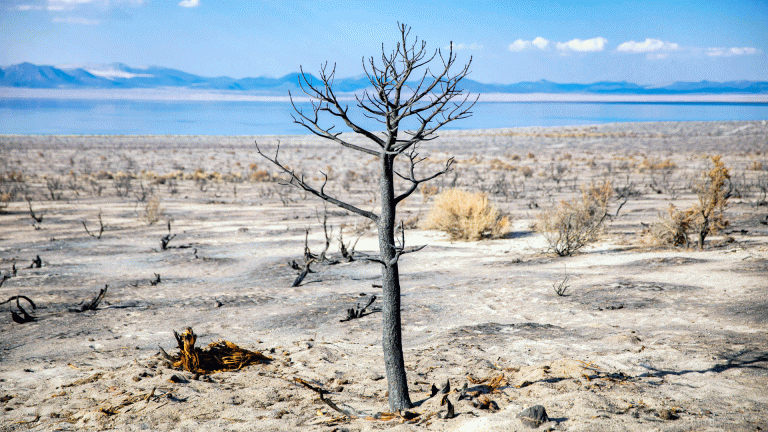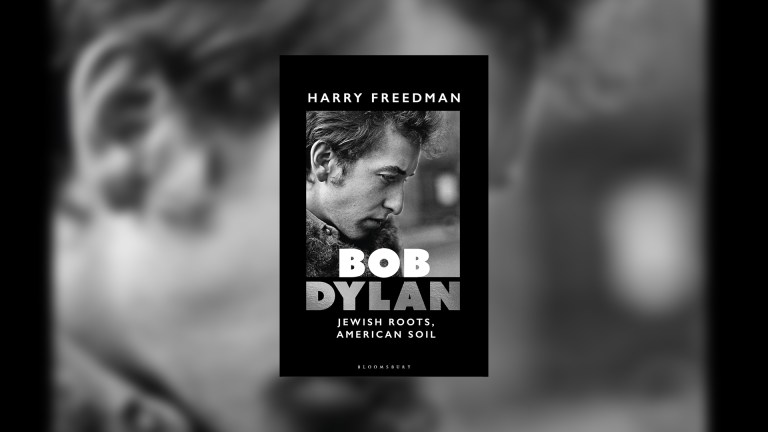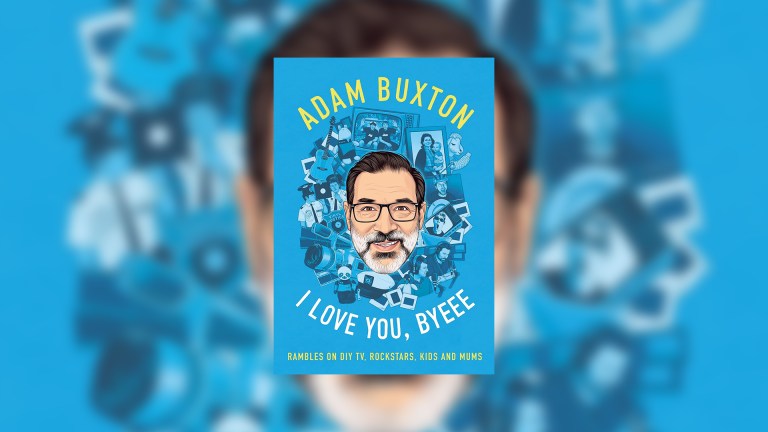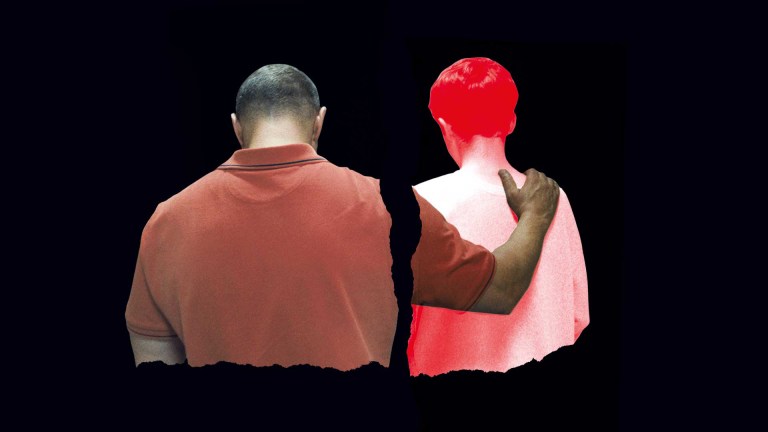She Would Be King is a retelling of Liberia’s founding story told from the perspective of three people with supernatural ability.
Gbessa is an immortal Vai witch, June Dey is an escaped slave with superhuman strength, Norman Aragon is a mixed-race Jamaican recluse who can make himself invisible. At the beginning of this story, they are strangers, and by the end, they are all Liberians.
In the early 19th century, a group of white abolitionists founded the American Colonization Society to resettle freed black people in the United States to west Africa. The success of this repatriation made Liberia the second black republic in the world, after Haiti. The capital city, Monrovia, was named after US president James Monroe, and presidents Thomas Jefferson and James Madison publicly supported the society and its goals. Many African-Americans were eager to rid their country of bondage, while others decided to stay in the United States, believing the movement to be a racist ploy to rid New England cities of freed blacks.
Liberian history is a part of American history, but in my public school history books that history was either reduced to one sentence or altogether absent.
When I started writing my novel, I hadn’t been back to Liberia since I was five, so it was a way for me to reconnect with a part of me that had been lost because of my family’s immigration to the US in 1990.
Liberian history is a part of American history, but in my public school history books that history was either reduced to one sentence or altogether absent. Liberia continues to be a part of America—the Firestone Plantation where the rubber from the ever-popular Firestone tires are sourced is located in Liberia and has been present there for over 100 years. During World War Two the US also had a military base in Liberia where American soldiers stopped to rest.
Growing up hearing my father tell stories about the country’s history and attempts to bring together black people from all over the world in what they hoped would be a sanctuary, whilst making peace with those who had never left, was something I knew I always wanted to unpackage through literature. I wanted to explore the marriage of the indigenous African, the African-American and the Caribbean points of view.
